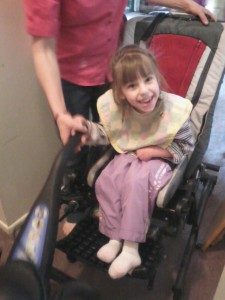
Children long to feel connected in a special way to those they love most. You know what I’m talking about. Those moments when you and your spouse share a laugh and no one else knows what’s funny. When you and a friend have one of those conversations where you really feel heard.
Children and teens want the same opportunity to connect in intimate and special ways with their parents and siblings, they want that ‘family feeling’.
When we share what we’re learning and what we feel with our children we give them that opportunity to feel this intimacy. When they feel it, it opens a gate to trust and can help them process what is happening in their lives.
Mini-conversations are the perfect
way to share
Here’s a mini-conversation about the book Lord of the Flies, held during a family meal. There’s a lot in this book that makes you think. There’s plenty that’s ugly and possibly frightening. So, can you really talk to a four-year-old about it, an eight-year-old or even a twelve-year-old? My answer would be YES, you can and should. Mini-conversations are perfect for broaching hard or sensitive topics. If you recall the tips that make a mini-conversation work, you can tell why.
• Listen more than you talk
• Ask open-ended questions
• Listen with interest
• Listen without judgment or giving your opinion
Lord of the Flies Mini-Conversation
 Dad: I’m reading a book Called Lord of the Flies. I don’t like the story very much. It’s sad.
Dad: I’m reading a book Called Lord of the Flies. I don’t like the story very much. It’s sad.
Eight-year-old: What’s it about dad?
Dad: Well, it’s about some boys who are stranded alone on an island. They don’t have any grownups with them.
Twelve-year-old: What’s sad about that? I’d love to be on an island without any grownups. That would be awesome.
Dad: Well, being able to do whatever you want might be good for a while, but what if one of the boys talked a lot of the other boys into believing or acting in ways that were mean to some of the other kids.
Four-year-old: That’s bad, daddy.
Eight-year-old: What did the boy want them to do?
Dad: Well, they really teased one boy who was overweight.
Twelve-year-old: We have a girl in our class that gets teased a lot. I’m glad I’m not her.
Dad: Hmmm, I guess we don’t have to be on an island for people to make poor choices.
Four-year-old: I wouldn’t be mean to people dad.
And that conversation could go on for a while and take several twists and turns.
A Second Mini-Conversation
Now let’s jump to the next day and a second mini-conversation. Dad and his twelve-year-old son are weeding in the garden.
Twelve-year-old: Dad, tell me some more about that book.
So, dad gives a brief synopsis. There is a long silence as they weed.
Twelve-year-old: Dad, do you think that Piggy would have been killed if more of the boys had stood up and said what they really thought about it?
Dad makes a comment. There’s another long silence as they weed.
Twelve-year-old: Dad, did you ever have a situation when you didn’t know what to do?
Dad: Sure, everyone does. What’s up, John?
Twelve-year-old: Well, there’s this kid in school and he keeps asking me and Fred…………
And there you have it, the value of sharing what you’re learning with your children by having “mini-conversations”. John will read “Lord of the Flies” sometime when he’s older. It will mean a great deal more to him than if it had just been assigned, tested and graded.
That initial mini-conversation also enabled John to connect with and trust his dad. Their relationship was strengthened. And the information from the book his dad was reading is having a positive impact on his own personal decision making.
We as parents need to be learning, and then we need to engage our children, our families, in conversations. When we do we begin creating that intimate family feeling. And as we do this we’ll all learn a great deal more and we will bond in some wonderful and unexpected ways.


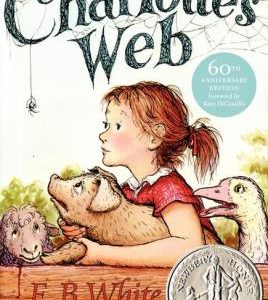
 Jodie was reading the book Charlott’s Web to her children. Frequently she would stop and ask a question. “What does manure mean?” “What does loft mean?” What does slop mean”? “What is a manure pile?” When the term manure pile came up again, later in the story, Jodie emphasized the term as she read. Then she asked, “Do you remember what manure pile means?” I heard, “Eweee, a pile of poop.” Then laughter.
Jodie was reading the book Charlott’s Web to her children. Frequently she would stop and ask a question. “What does manure mean?” “What does loft mean?” What does slop mean”? “What is a manure pile?” When the term manure pile came up again, later in the story, Jodie emphasized the term as she read. Then she asked, “Do you remember what manure pile means?” I heard, “Eweee, a pile of poop.” Then laughter.
 Here’s a true story. A father was painting the outside of his home. His five-year-old son wanted to help. So this good father gave his son an old shirt with the sleeves rolled up several times. They both went to work on the door, dad painting the top and son painting the bottom. It just happened to be the door to the main entrance.
Here’s a true story. A father was painting the outside of his home. His five-year-old son wanted to help. So this good father gave his son an old shirt with the sleeves rolled up several times. They both went to work on the door, dad painting the top and son painting the bottom. It just happened to be the door to the main entrance. necessary for my father to complete the work he was engaged in. I was the beneficiary, as through these experiences I came to know him and to love him. I came to know about a
necessary for my father to complete the work he was engaged in. I was the beneficiary, as through these experiences I came to know him and to love him. I came to know about a 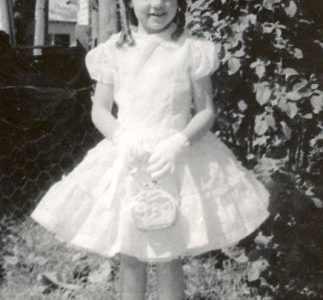
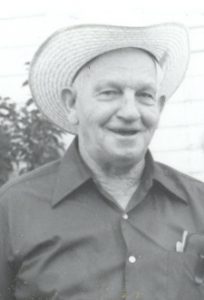
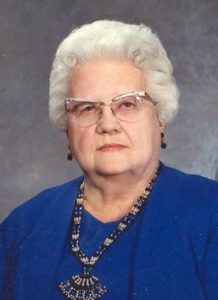
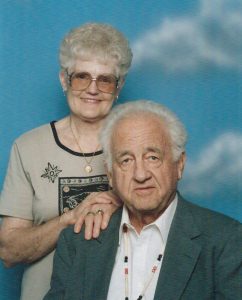
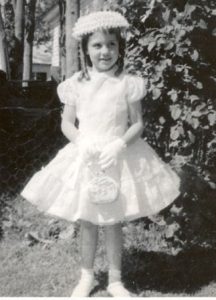
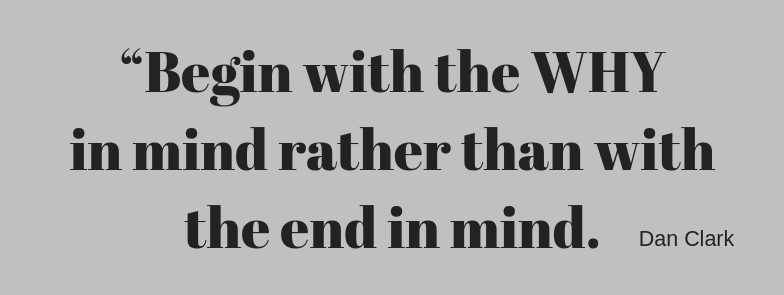
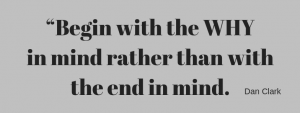 You have probably heard the saying ‘begin with the end in mind’. In other words, visualize how you want something to turn out. However, if we want more enjoyment when we do things as a family then we should begin with the WHY in mind.
You have probably heard the saying ‘begin with the end in mind’. In other words, visualize how you want something to turn out. However, if we want more enjoyment when we do things as a family then we should begin with the WHY in mind.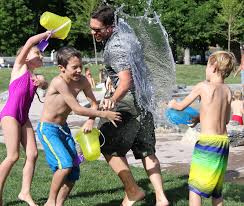 When we plan any activity, vacation, chore, etc. with our family it’s almost impossible not to have an outcome in mind. However, if the family event doesn’t match that outcome then it’s easy to feel dissatisfied, even angry. It’s important to watch our expectations.
When we plan any activity, vacation, chore, etc. with our family it’s almost impossible not to have an outcome in mind. However, if the family event doesn’t match that outcome then it’s easy to feel dissatisfied, even angry. It’s important to watch our expectations.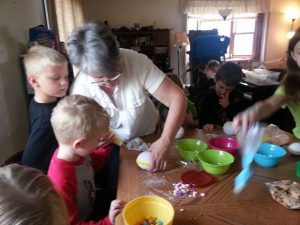 are what we’re used to.
are what we’re used to. We want to look like the family we have in our mind – kids with clean hands and faces, no bickering, clean plates at dinner, clean rooms, happy conversation in the car…
We want to look like the family we have in our mind – kids with clean hands and faces, no bickering, clean plates at dinner, clean rooms, happy conversation in the car…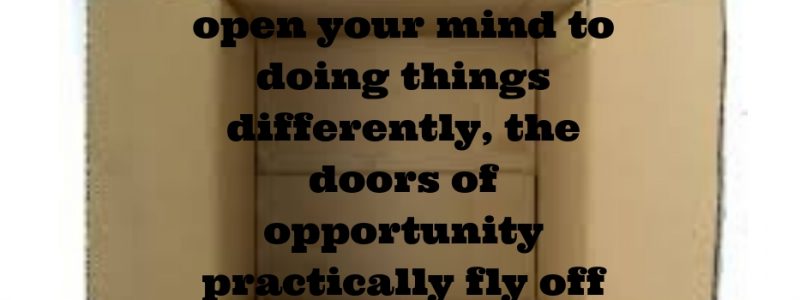
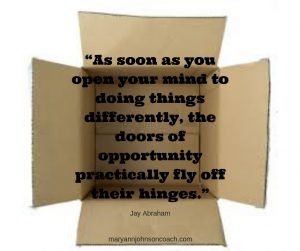 A Very Bright Chicken!
A Very Bright Chicken! We have chickens, free-range chickens. That means they are never locked in the coop. That has its advantages and disadvantages!
We have chickens, free-range chickens. That means they are never locked in the coop. That has its advantages and disadvantages! she gets in I watched her. Within minutes I saw her scoot under the fence at the corner where it connects to our neighbor’s fence. I shooed her back out. Then I placed a large rock in front of the low spot.
she gets in I watched her. Within minutes I saw her scoot under the fence at the corner where it connects to our neighbor’s fence. I shooed her back out. Then I placed a large rock in front of the low spot.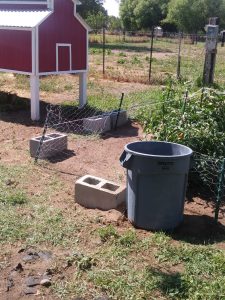 After I blocked her newest entrance I watched her pace from one end of the garden to the other looking for a way in. I could feel her frustration as she paced back and forth trying this and that.
After I blocked her newest entrance I watched her pace from one end of the garden to the other looking for a way in. I could feel her frustration as she paced back and forth trying this and that. she went back to pacing the fence line, then she veered to the left towards the pasture fence. The fence at the back of the garden is also the fence to the back pasture. It’s made of far different wire than our chicken wire garden fence.
she went back to pacing the fence line, then she veered to the left towards the pasture fence. The fence at the back of the garden is also the fence to the back pasture. It’s made of far different wire than our chicken wire garden fence.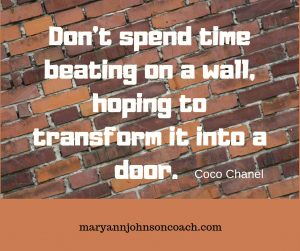
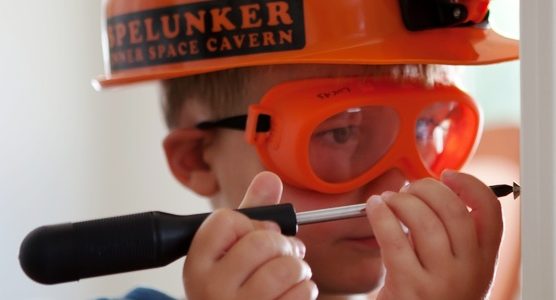
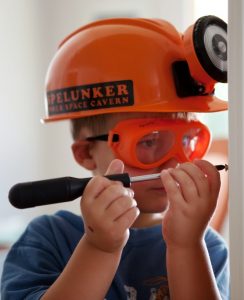 workshop in which he made wonderful things. The son said, “I would wander into this workshop and watch him. Just to be in his presence was a thrill for me. He invited me to help him by passing a hammer, a screwdriver, or some other tool. I was convinced that my help was necessary and that without me he would not be able to complete his task.
workshop in which he made wonderful things. The son said, “I would wander into this workshop and watch him. Just to be in his presence was a thrill for me. He invited me to help him by passing a hammer, a screwdriver, or some other tool. I was convinced that my help was necessary and that without me he would not be able to complete his task.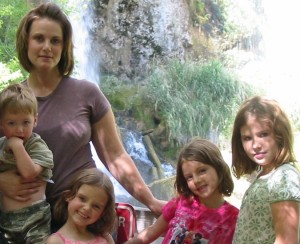


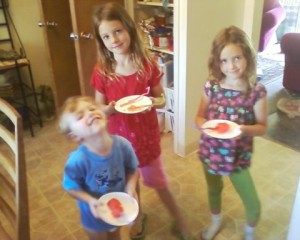
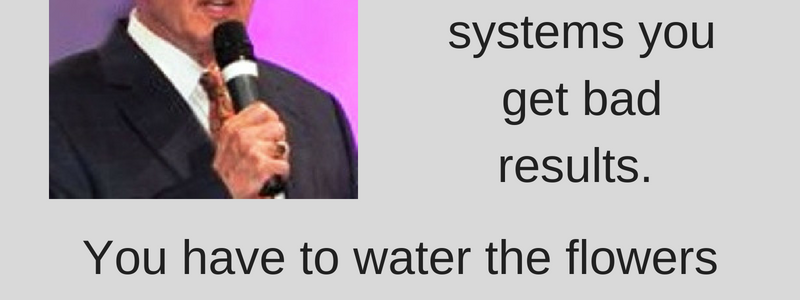
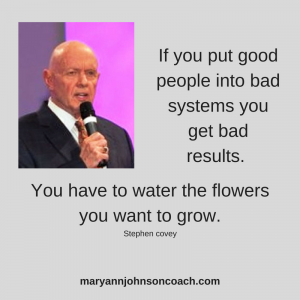 Being a mother of seven busy children was a BIG job. One of the difficulties I ran into was managing all the mess and work that comes with a family. Believe me, you don’t have to have seven kids to figure out that a family takes work.
Being a mother of seven busy children was a BIG job. One of the difficulties I ran into was managing all the mess and work that comes with a family. Believe me, you don’t have to have seven kids to figure out that a family takes work.